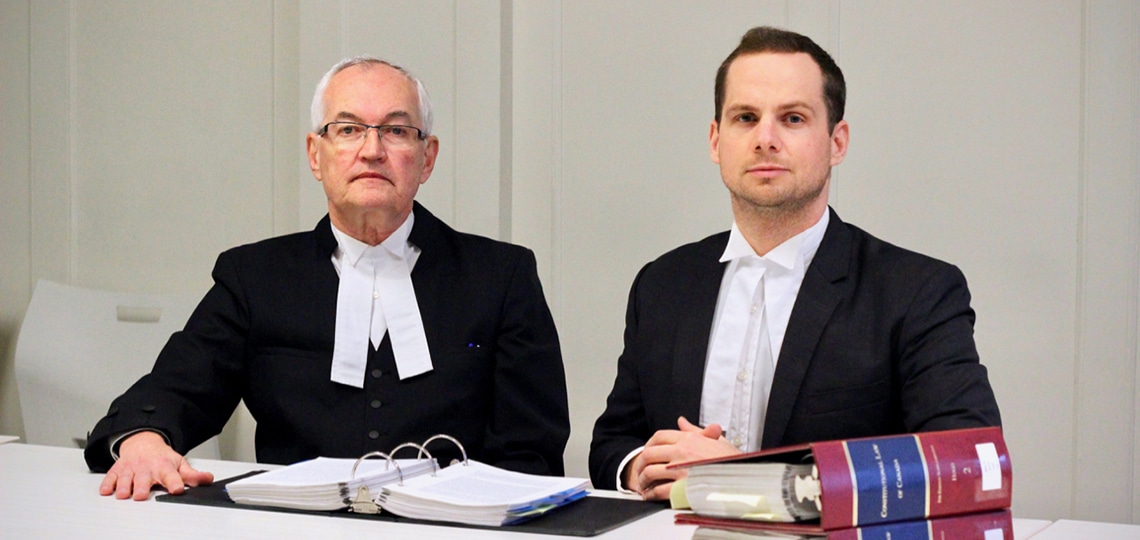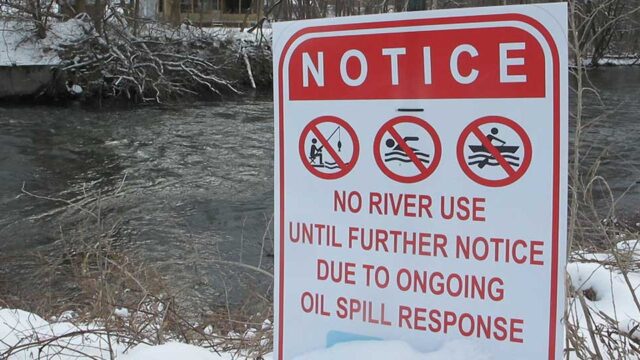In about 48 hours, my colleague Harry Wruck and I will appear in the Supreme Court of Canada (SCC).
We’re arguing that British Columbia has a right — and a constitutional duty — to protect communities and the environment from toxic diluted bitumen spills.
While the outcome of this case has the potential to impact the future of the Trans Mountain pipeline, it is about so much more than a single project. When dilbit spills into the environment, as it did in the 2010 Kalamazoo River oil spill, it seriously harms wildlife and communities. And it’s almost impossible to fully clean up.
We say governments at all levels, provincial and federal, must be able to pass laws that protect the environment and communities from hazardous dilbit disasters.
To support this, Harry and I will be making a novel argument when we appear before the court on Thursday. We’re arguing that, even though it isn’t explicitly written into the Constitution of Canada, environmental protection is an underlying constitutional principle.
In other words, the Constitution may not use the words “environmental protection,” but governments still have a constitutional duty to protect our air, water, and land.
We know what we’re saying is outside the box — but we live in unprecedented times. If we’re going to use the full power of the law to defend your right to a healthy environment, combat climate change, and protect nature, we must be prepared to stand in front of the country’s highest court and make bold arguments.
This type of innovative thinking is one reason I am so proud to work for Ecojustice.
As Canada’s largest environmental law charity, Ecojustice is uniquely positioned to bring groundbreaking arguments before the courts.
If you’d like to support this type of game-changing litigation, please make a donation today and back Ecojustice as we head to the Supreme Court of Canada later this week.



